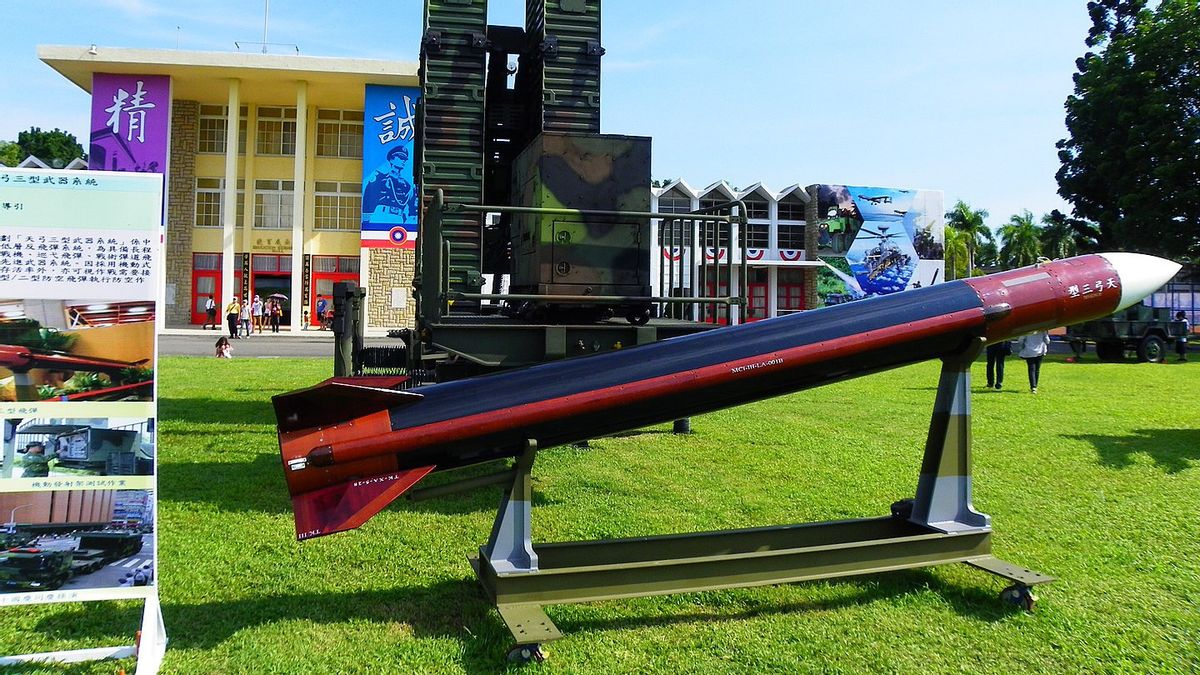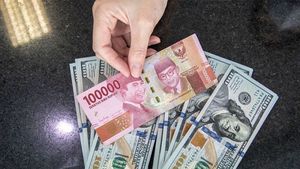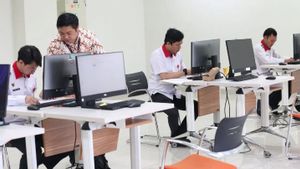JAKARTA - Taiwan has tested missiles off its eastern and southern coasts. In addition to strengthening its territory, reportedly this program is also designed to bully and defend the country from China.
The test took place in the eastern Taitung area and the Jiupeng military base in the southernmost area of Pingtung late Thursday, the Taiwan Defense Ministry reported, according to the SCMP.
The test is a series of four-day programs that will test other missiles in the coming days. As is known, tensions in the Taiwan Strait increased after China, the United States and Taiwan themselves had deployed military forces there.
Meanwhile, the Defense Ministry declined to say what type of missile was tested on Thursday evening. They neither denied nor confirmed that there will be more trials between Friday and Tuesday.
The Chung-Shan National Institute of Science and Technology, which developed the missile tested, also declined to give the name of the missile. They said the test was in line with the defense ministry's plans to develop its own weapons.
Meanwhile, according to unnamed local military experts, the missile launched was Tien Kung-3 (Sky Bow-3), a missile with a range of up to 200 km designed to intercept missiles arriving from China. During the test, Tien Kung-3 managed to intercept a missile fired from Taitung.
Against ChinaThe tests came just two months after Taiwan fired Tien Kung-3 and Yun Feng medium-range missiles on April 5 and April 23 at the Jiupeng military base. This Yun Feng missile is known to have a range of 1,500 km.
It is estimated that this missile can reach inner China including Beijing, Tianjin, Nanjing, Shanghai and Wuhan. Therefore the development of this weapon is actually kept secret for fear of provoking Beijing's anger.
As is known, Beijing considers Taiwan as a province that must return to China's embrace, if necessary by force. China has even violated it by staging a "show of force" around Taiwan to try to intimidate Taiwan.
They also forced the president of Taiwan, Tsai Ing-wen who sided with independence to accept the principles of one China. But Ing-wen has rejected him since he became president in 2016.
The English, Chinese, Japanese, Arabic, and French versions are automatically generated by the AI. So there may still be inaccuracies in translating, please always see Indonesian as our main language. (system supported by DigitalSiber.id)













